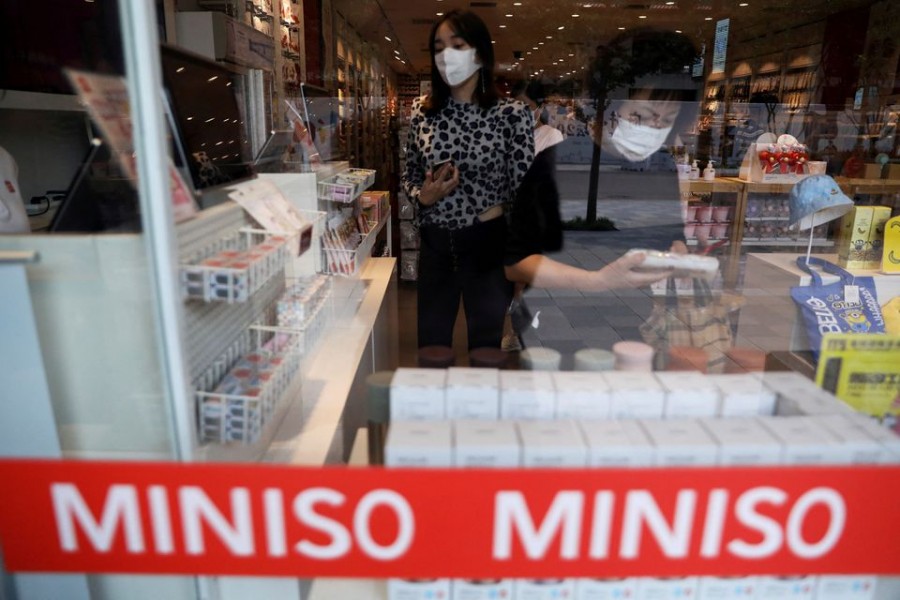China's Miniso Group has apologised for promoting itself as a Japanese-style brand and said it would make changes across its stores to rectify this, becoming the latest retailer to respond to a surge in patriotism among Chinese shoppers.
The company, which has over 5,000 stores in China and abroad, has for years described itself as "a Japanese-inspired lifestyle product retailer", and has been compared to the Muji chain operated by Tokyo-listed Ryohin Keikaku, reports Reuters.
However, earlier this month, it drew anger from Chinese social media users after its Spanish Instagram account posted a picture of dolls, one of which it called a "Japanese geisha doll" but which Chinese users pointed out was wearing a qipao dress, a traditional Chinese outfit.
On Thursday, Miniso issued a long apology, saying the company in its early days had "taken the wrong path" with its brand positioning and marketing strategy, having hired a Japanese designer as its chief designer between the end of 2015 and 2018.
It said it had since late 2019 started to remove Japanese elements from its stores and shopping bags, saying it had already done so across its 3,100 shops in China.
It also vowed to start changing the signboards and interior decoration in its more than 1,900 stores abroad, adding it would complete the moves by the end of March 2023.
The company also said it would punish senior executives involved with the previous strategy and that its headquarters would be responsible for all its overseas social media accounts in the future. "We will strictly examine the content and do a good job of Chinese culture and values' exportation," it said.
Chinese consumers have in recent years more closely monitored the behaviour of big brands and become increasingly critical of foreign companies or local businesses seen as insufficiently patriotic.


